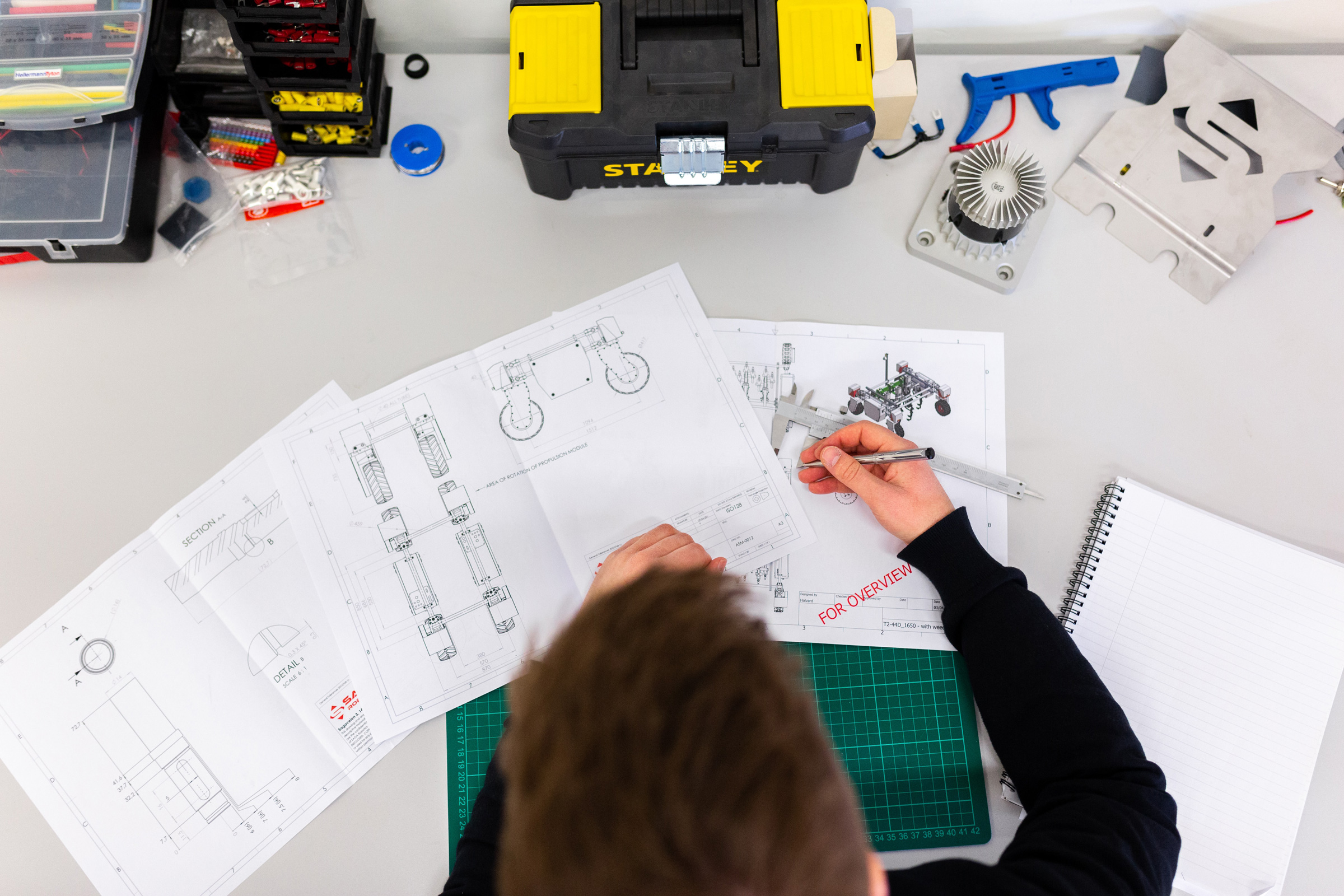As things went from business as usual to completely uncharted territory in what felt like hours, we all found ourselves scrambling to keep our heads above water as we threw our current playbooks out the window in favor of a whole new approach to our jobs – and our personal lives. While most of our colleagues and partners were rightly focused on disaster recovery, there were a few that took the time to calm the chaos with messages of positivity.
One example that stood out was an email message from Hillary Feder, a longtime strategic partner of Outsource Consultants and Cloud Call Center Search. With her permission, we wanted to share her powerful words of encouragement and tactics for maintaining a sense of control as we face uncertainty:
Many elements of our everyday life has shifted overnight. Things we do automatically and quickly, with little or no thinking like opening a door, shaking hands, giving a hug, touching your face, gathering together to connect socially or tackle the next project at work have become things we being asked to stop. Stopping will help flatten the curve faster and help us collectively move through COVID-19 as swiftly and efficiently as possible.
All of this might sound simple but is it’s not as easy as it sounds. You might be wondering, why isn’t this easy? Psychologist Daniel Kahneman and his research partner, Amos Tversky, deeply understand human thinking. They have developed the idea of Fast and Slow thinking. Fast thinking are those things that you do that are routine and familiar. Slow thinking are the things you do where you need to think “how do I do this”, you are intentional and it is not routine or automatic. At this moment we are being asked to do more slow thinking, break what is habit and routine and break away from being as closely physically connected. Using more of our brain power than usual to think slowly adds to fatigue and feeling stressed. So what can you do? Below you will find a list of things to consider as we work to physically disconnect so that we can come together and do the right thing to help one another.
- Stay hydrated, drink extra amounts of water to consistently flush your system
- Get outside and take a brisk walk to get your endorphins working
- Read the book you wanted to but haven’t had time for
- Go to bed early and get some extra rest
- Listen to your favorite music
- Make some new recipes
- Enjoy meals together that are less rushed
- Stream a humorous or inspirational movie
- Video chat to stay connected
- Reach out to a friend or neighbor to check in by phone, text or video
- Check on an elderly neighbor, maybe even leaving a prepared meal on their doorstep
- Connect with an on organization around you that is organizing to help those that are most vulnerable and see if you can you lend a hand to talk to them and connect with those who are isolated






